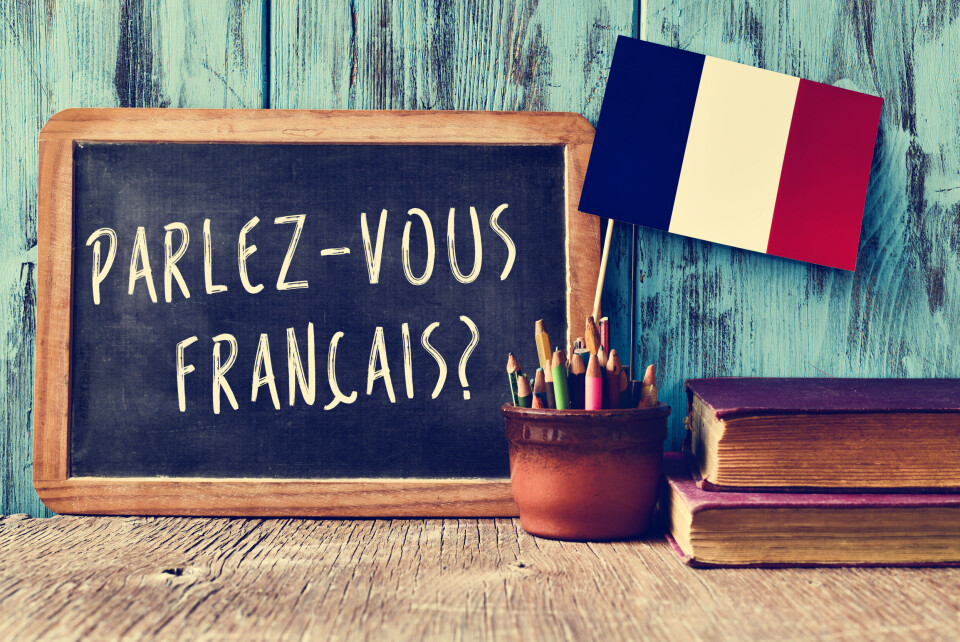-
More French podcasts to test your language skills
Podcasts are one of the best free tools for consistently developing your listening comprehension
-
Rugby vocabulary to know if watching the Six Nations in France
From un tampon to une cathédrale, understand the meaning of key French rugby terms
-
Learning French: what does faire grise mine mean and when should it be used?
A phrase to use when someone is down in the dumps
Learning French: An accent can change a word’s meaning, even in the coffee aisle
Avoid this language faux-pas and look out for accents that make all the difference

Unsurprisingly, not many French children drink coffee at breakfast time (or any other time, come to think of it).
They prefer a bol (bowl) of lait au chocolat (hot chocolate) or jus de fruit (fruit juice) to whet their morning whistle.
Tea is a no-no, too – as we know, the French might enjoy a tisane or three but builder's tea is not really on their radar.
So obviously, any knowledge of coffee making or purchasing terms comes with age and evolving tastes.
Surprise in the coffee aisle
However, even the lowest level café aficionado, of any age, would have baulked at my linguistic blind spot/faux-pas during a recent browse down the coffee aisle (rayon) at the local hypermarché.
Skimming past the usual café moulu (ground coffee) suspects – Brésil (Brazil), Ethiopie (Ethiopia), Guatemala, Pérou (Peru) and Mexique (Mexico), as well as the increasingly common "décaféiné" (decaffeinated), imagine my surprise to see that nowadays, Corsica had joined the realms of major coffee growers.
I checked again – yes, the packet definitely had the word "Corse" (French for Corsica) written across the central label.
The tiny accent made a world of difference
I know France is no stranger to global warming effects but surely the Mediterranean French island is not yet designated 'tropical' – the climate that coffee needs to thrive?
I removed my glasses in comic, double-take surprise to take a closer look.
Then I spotted the tiny acute accent placed above the last letter so the word read 'Corsé', not Corse.
The penny dropped – I looked it up and found that it means a pokier, more powerful coffee 'dose' for an espresso machine.
The moral of the story – don't just read the small print, read the accents too.
























